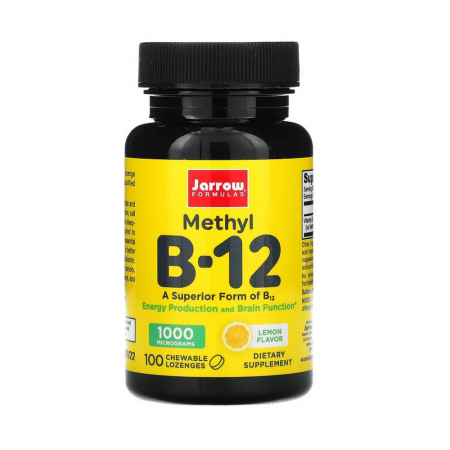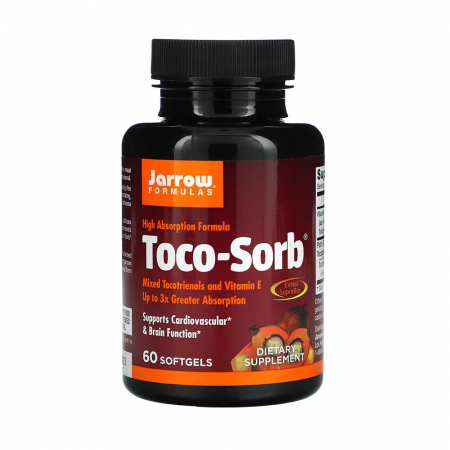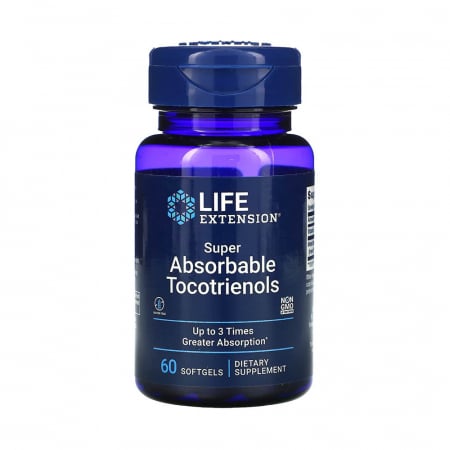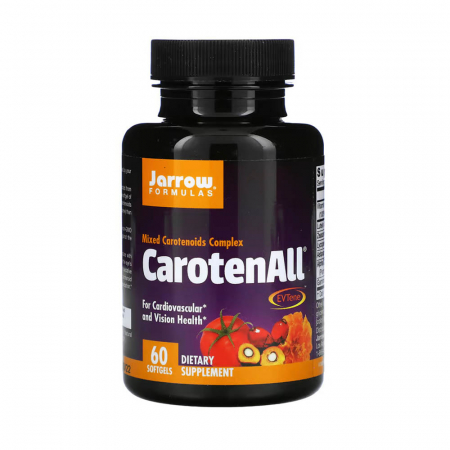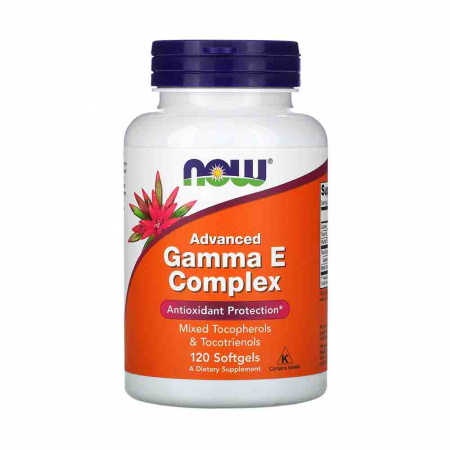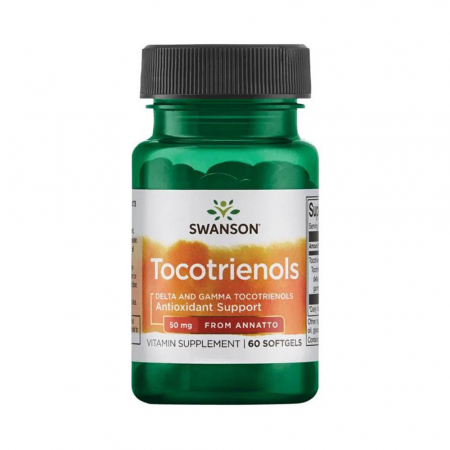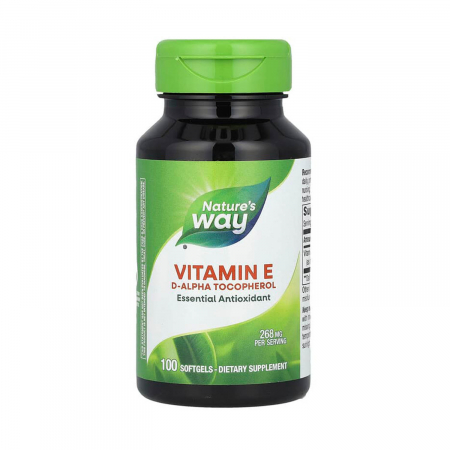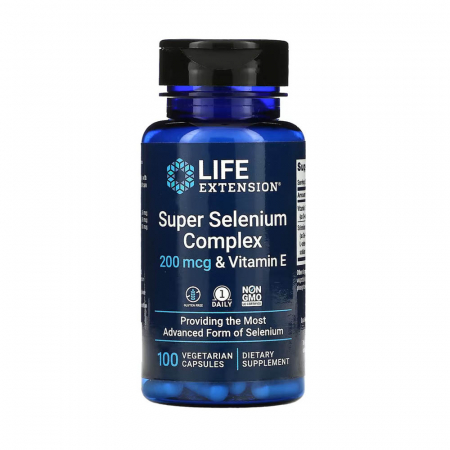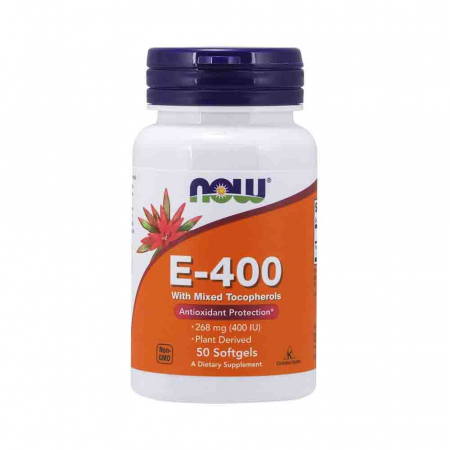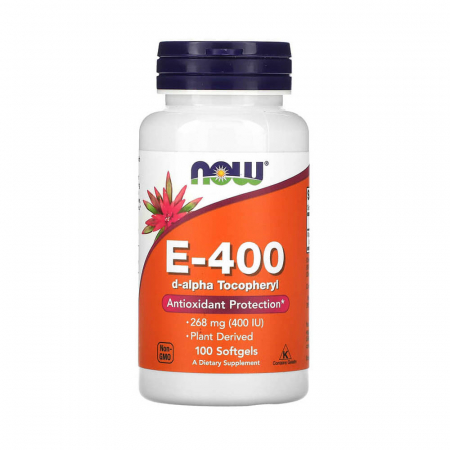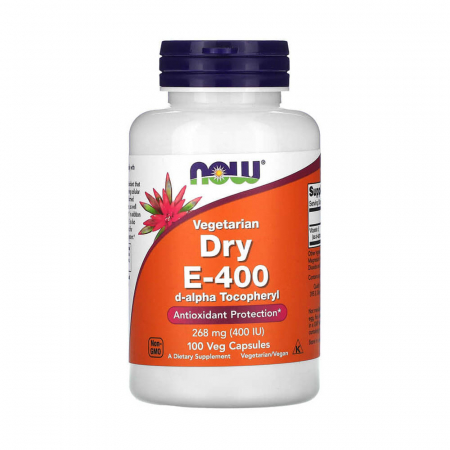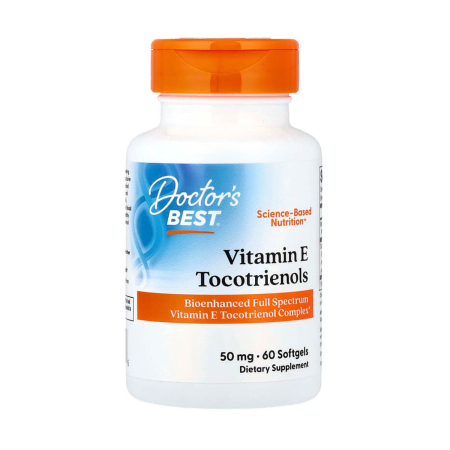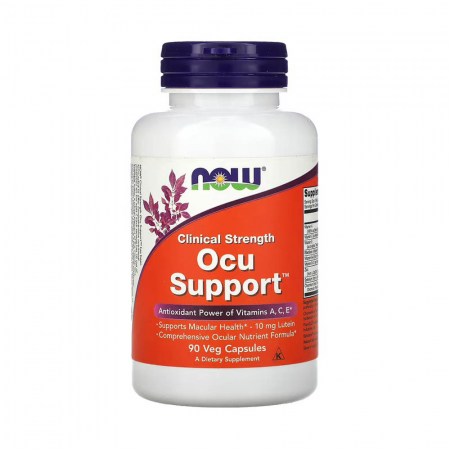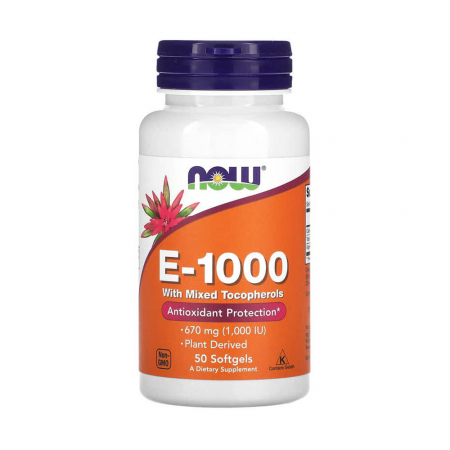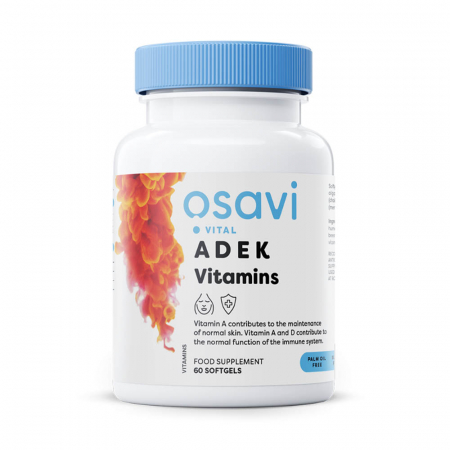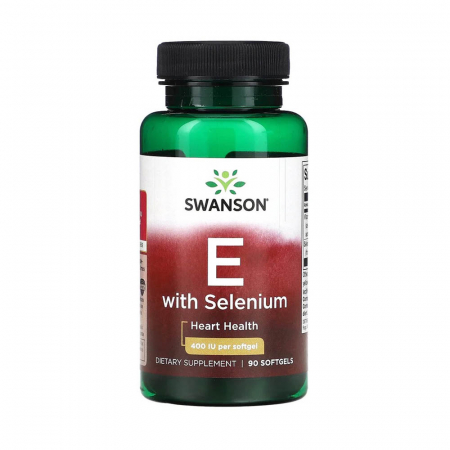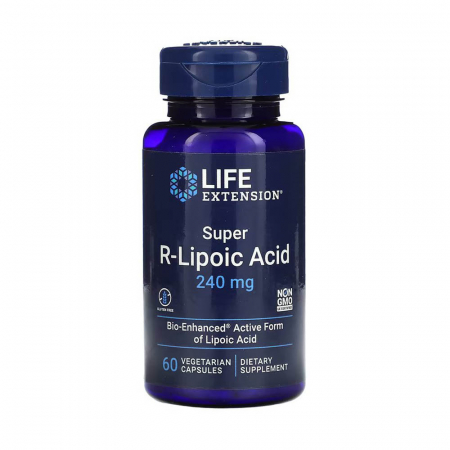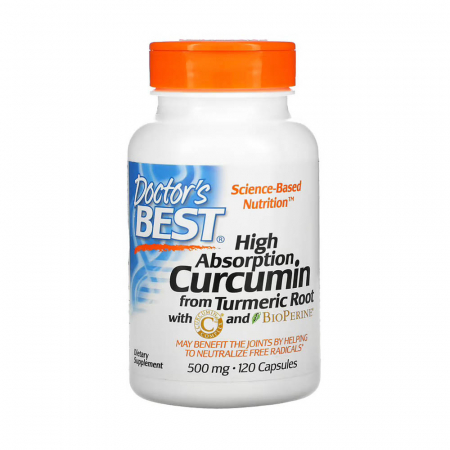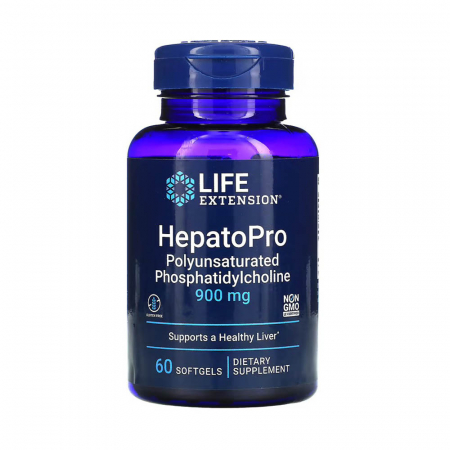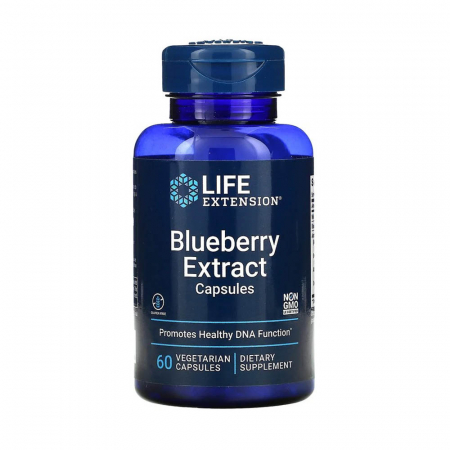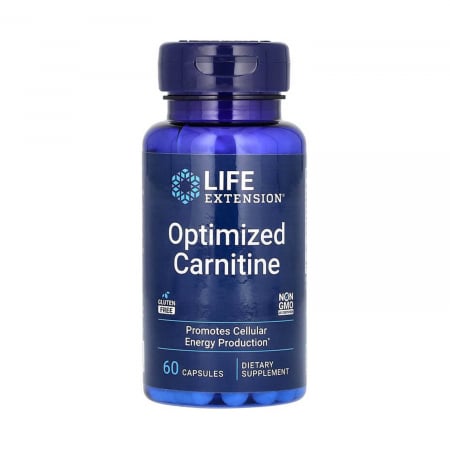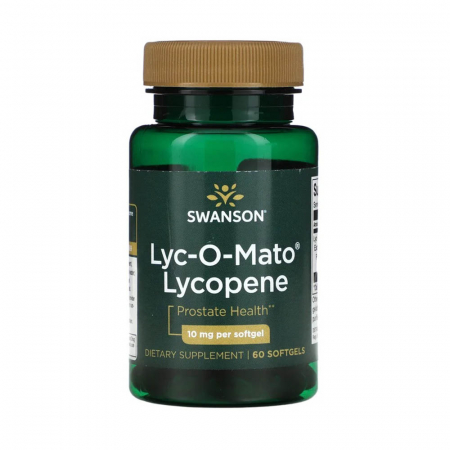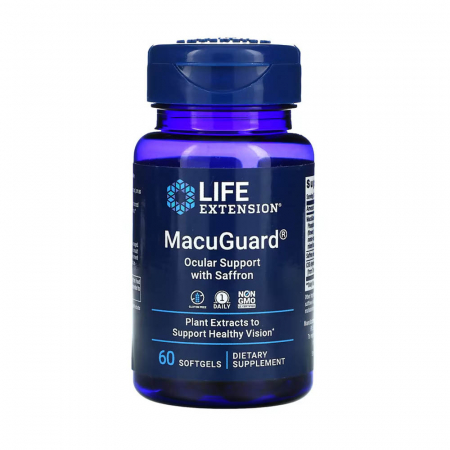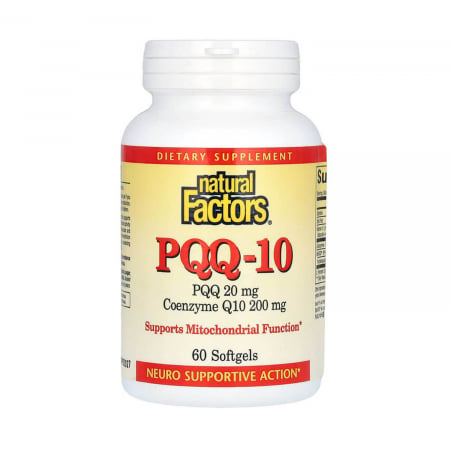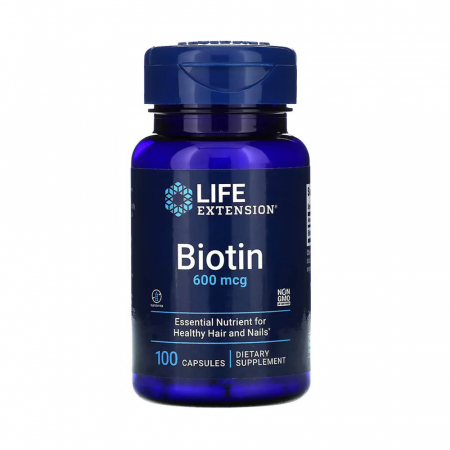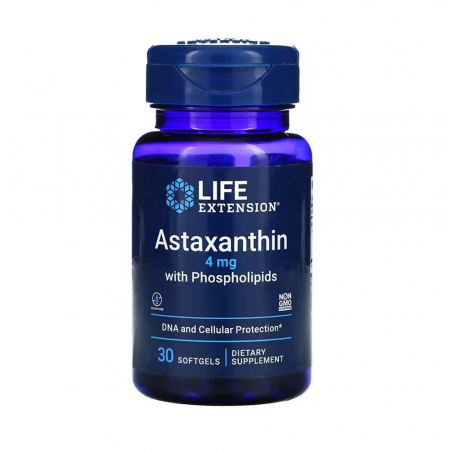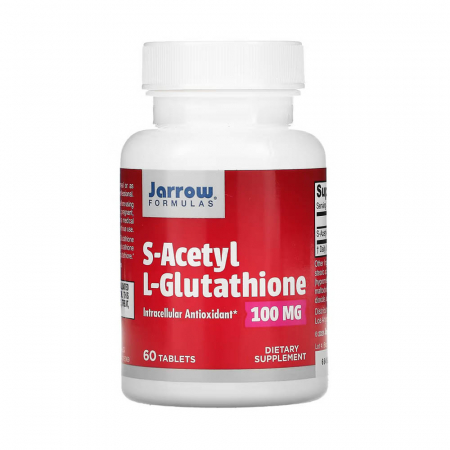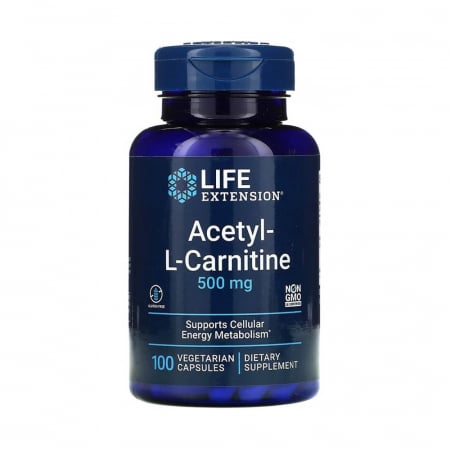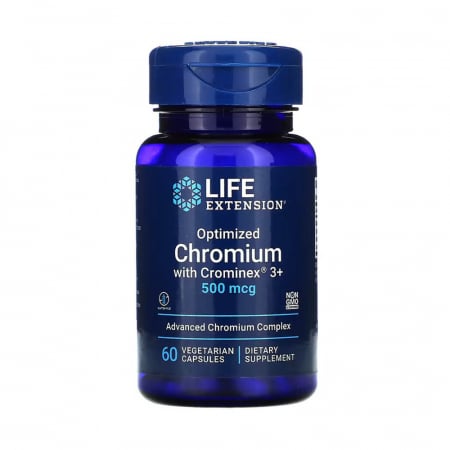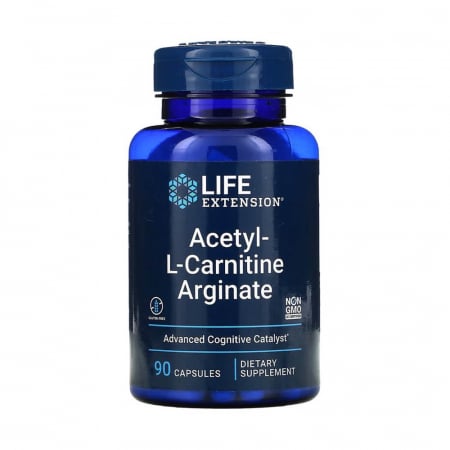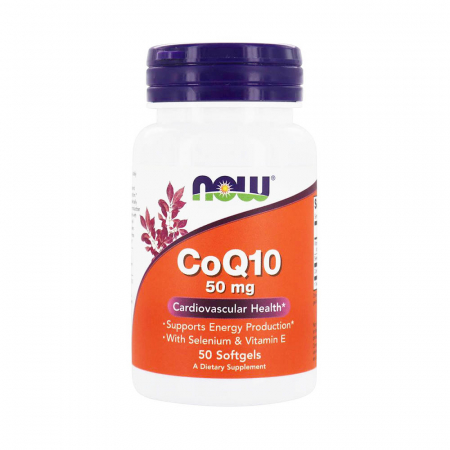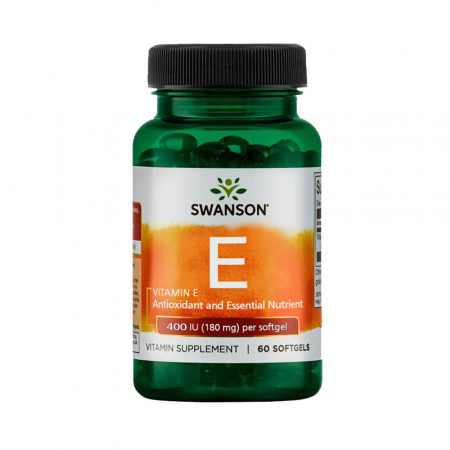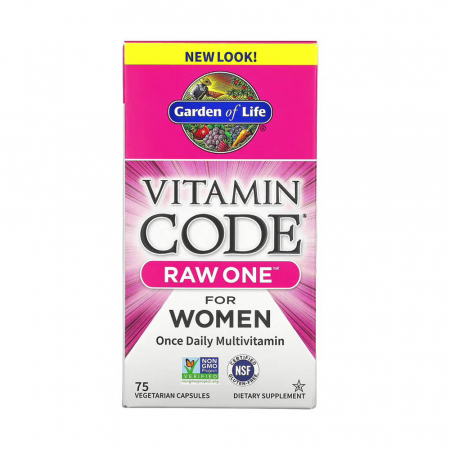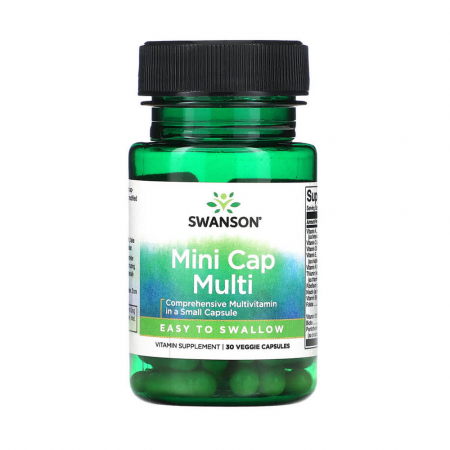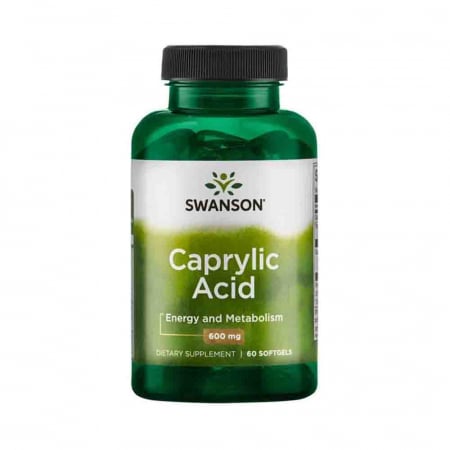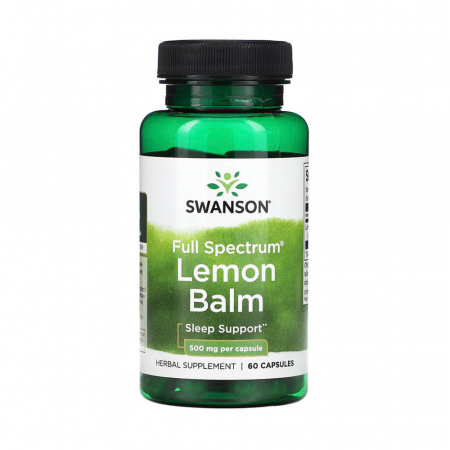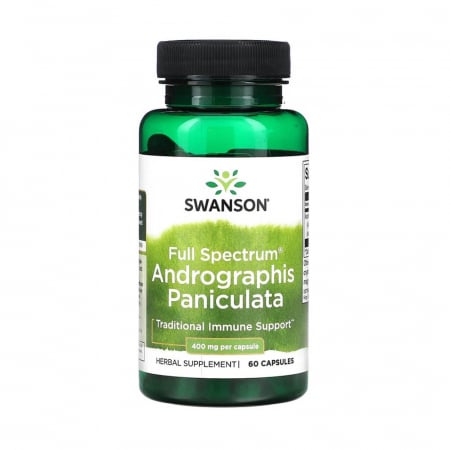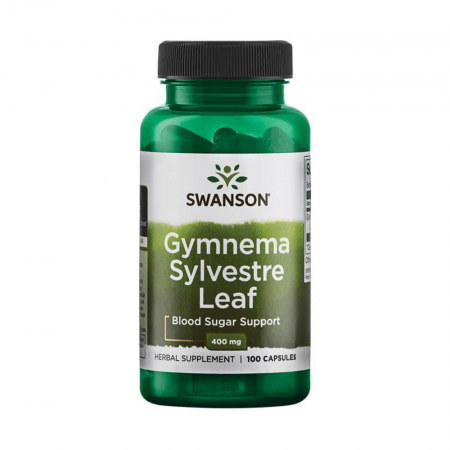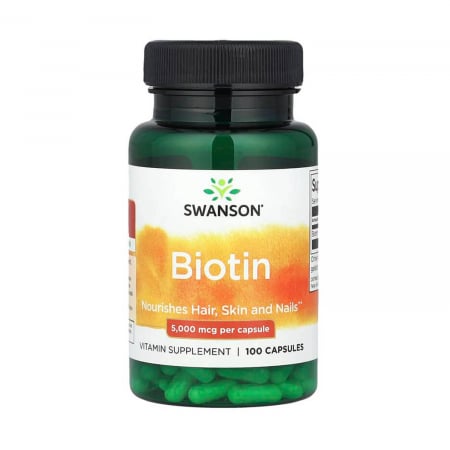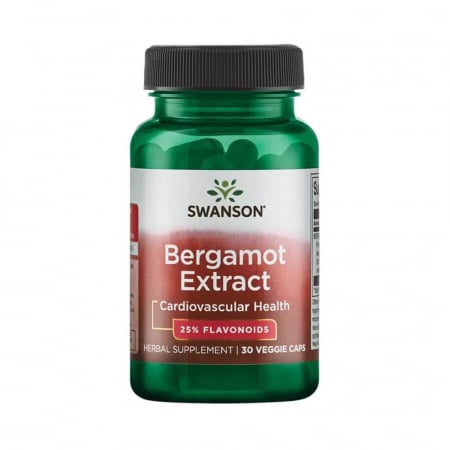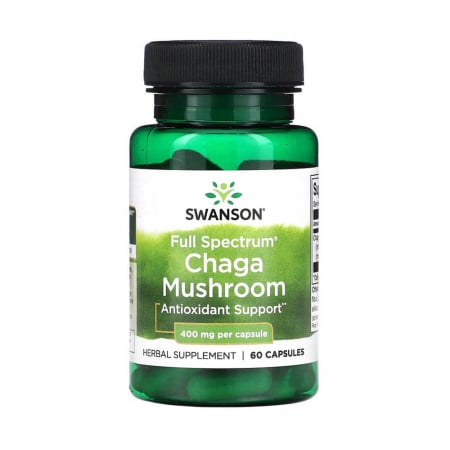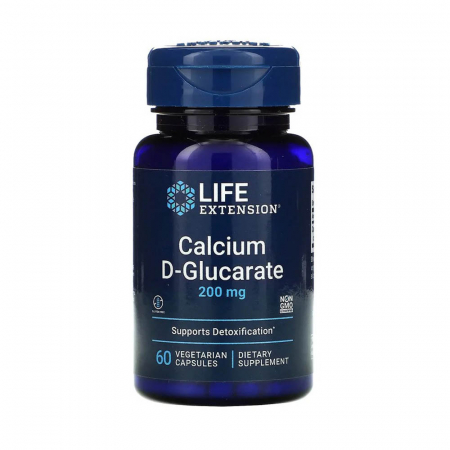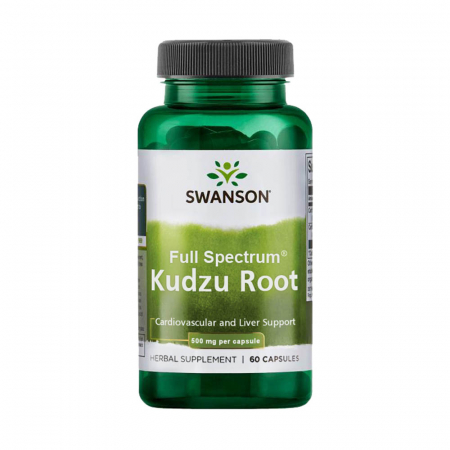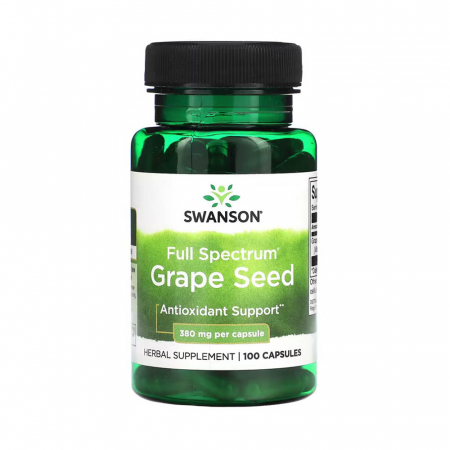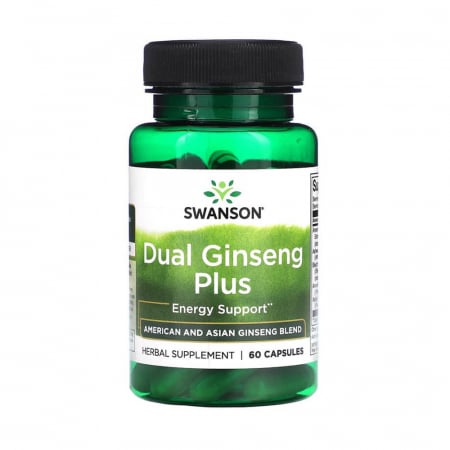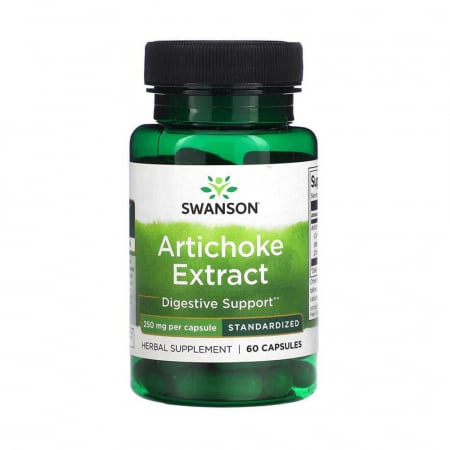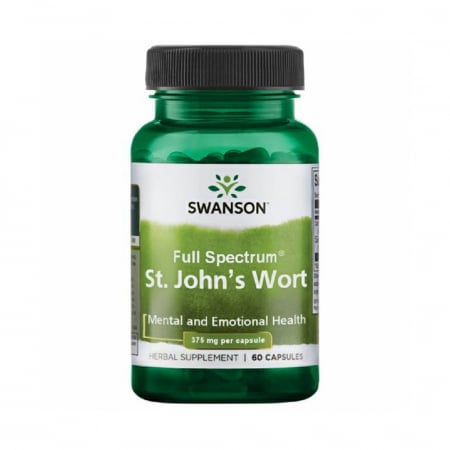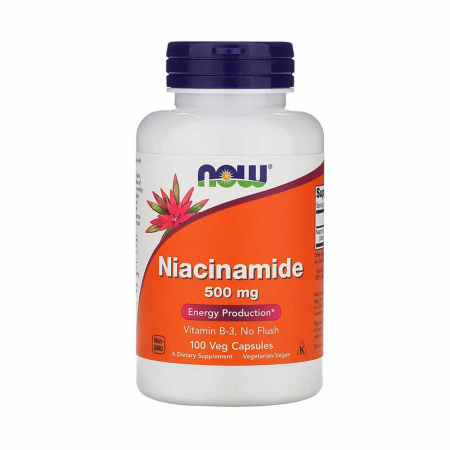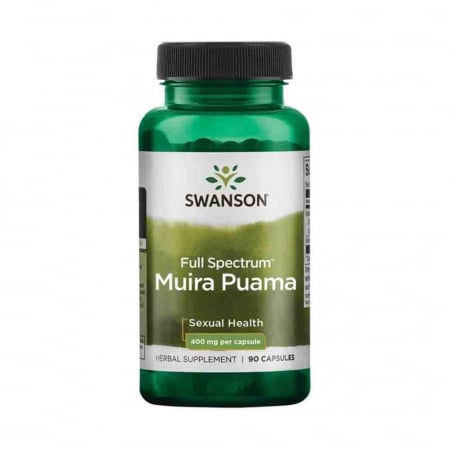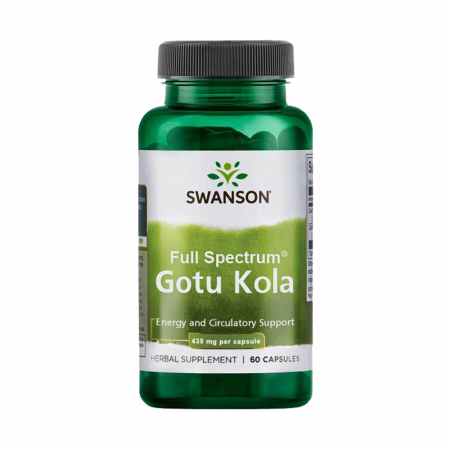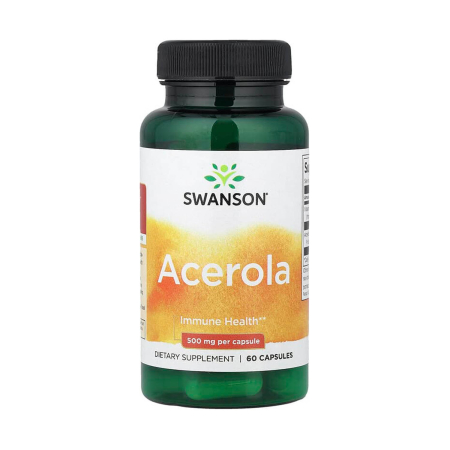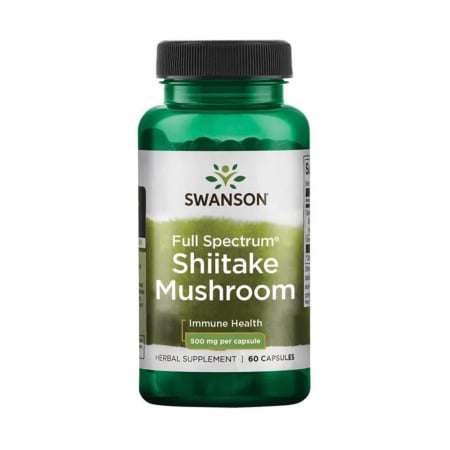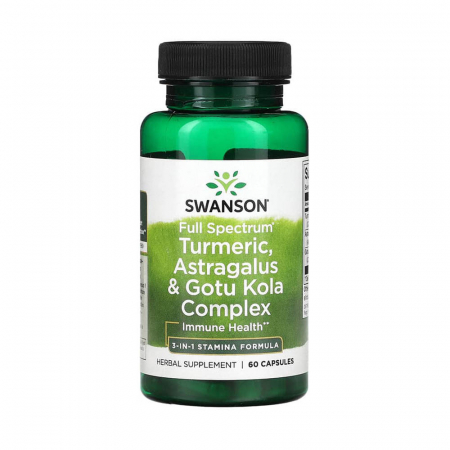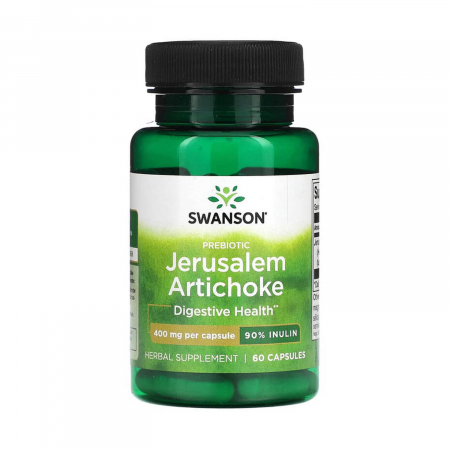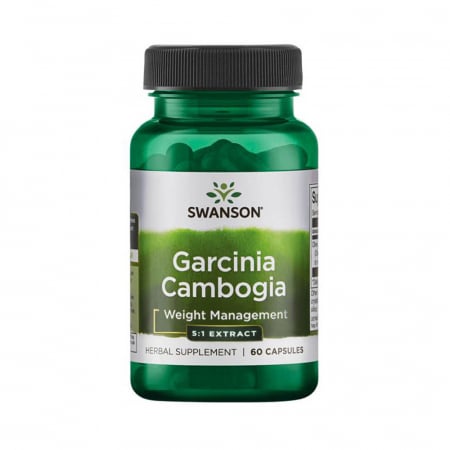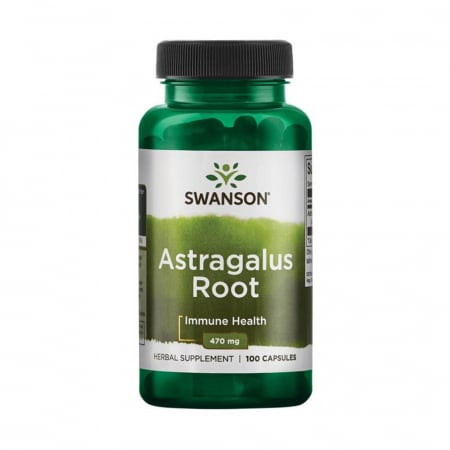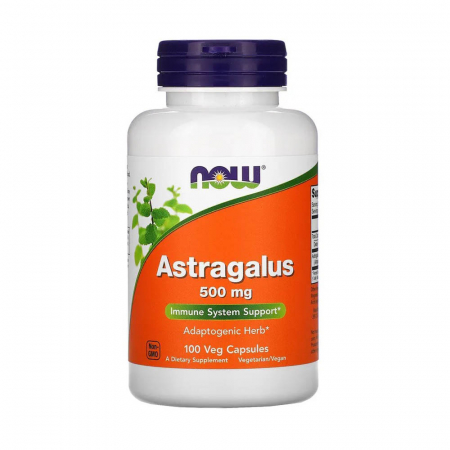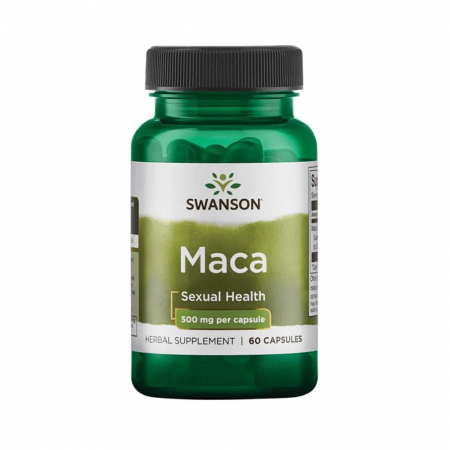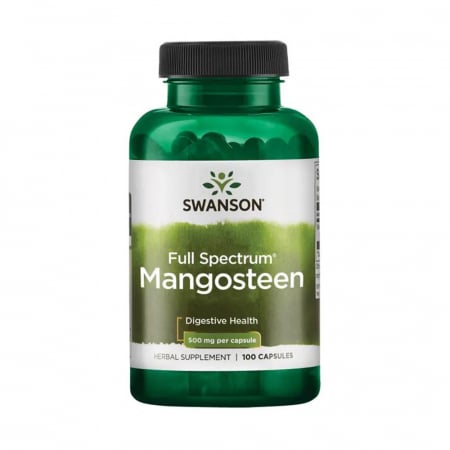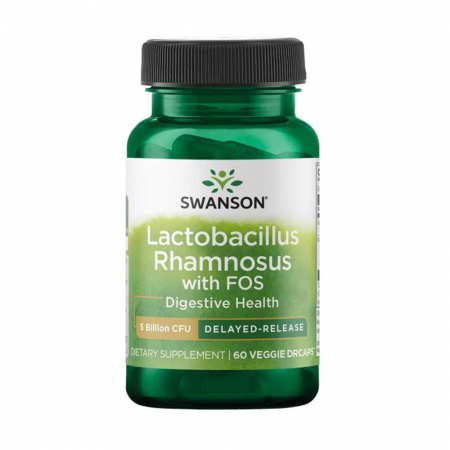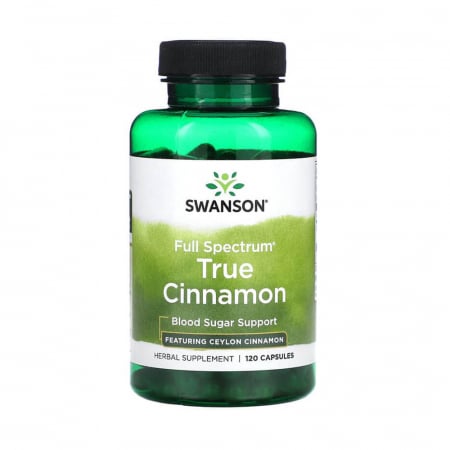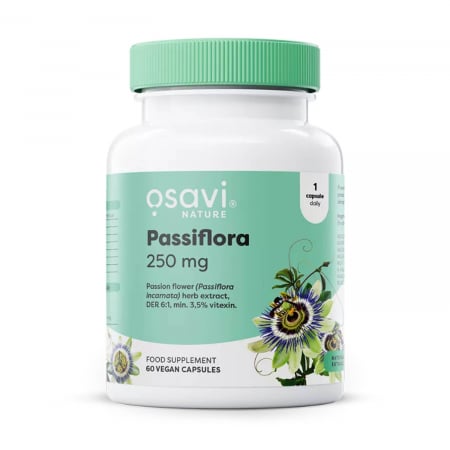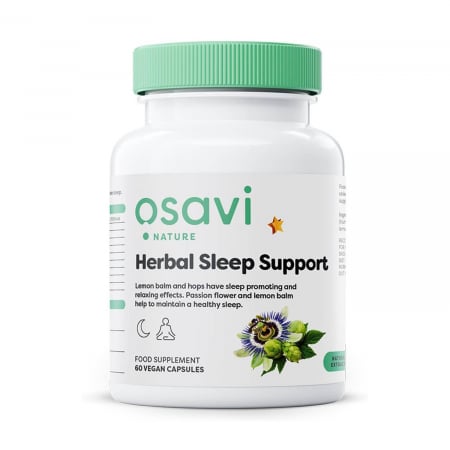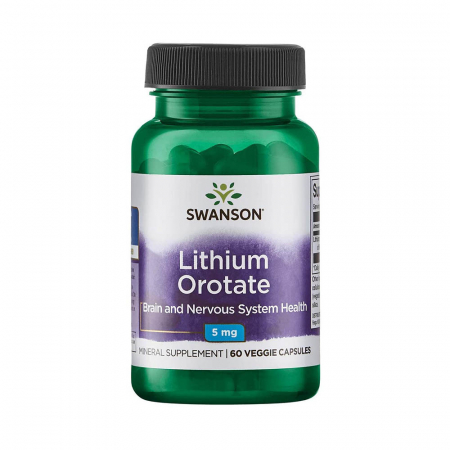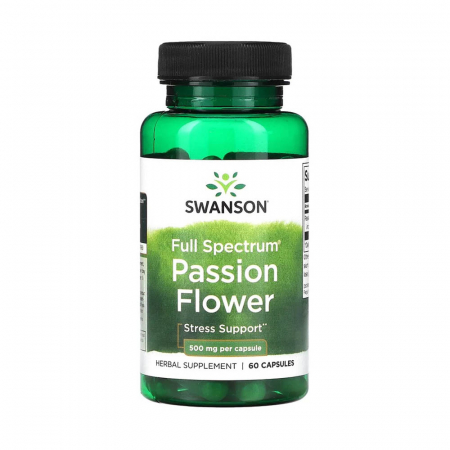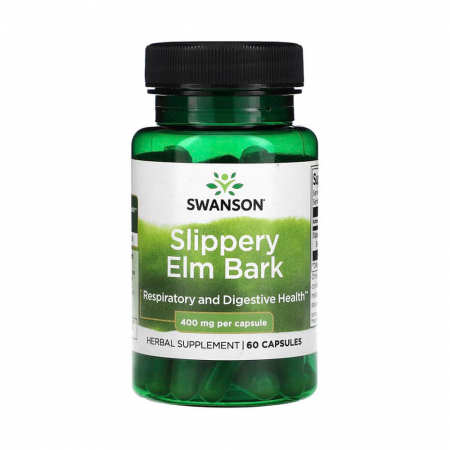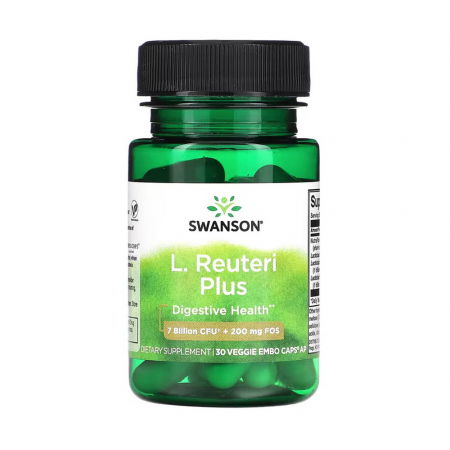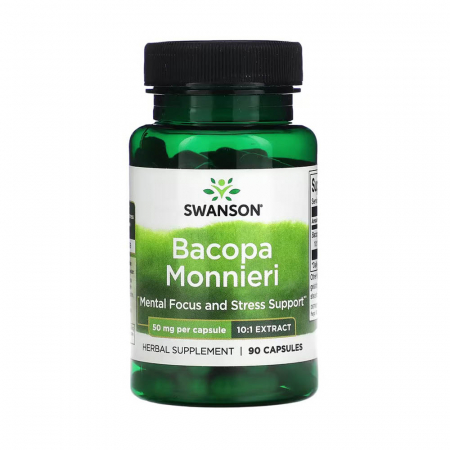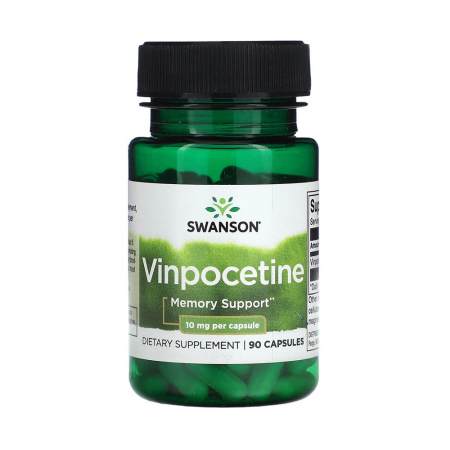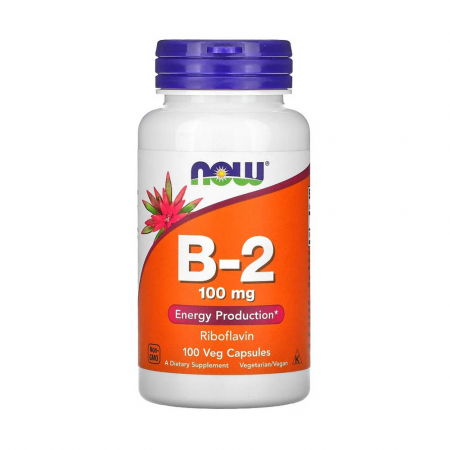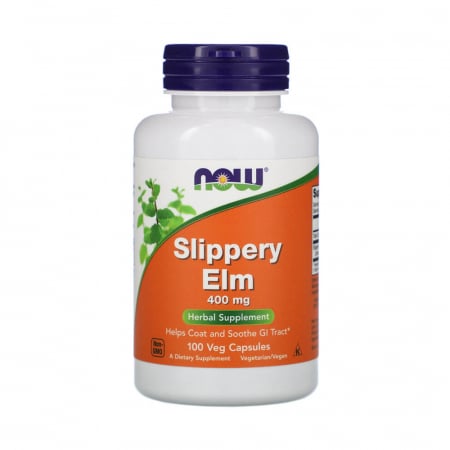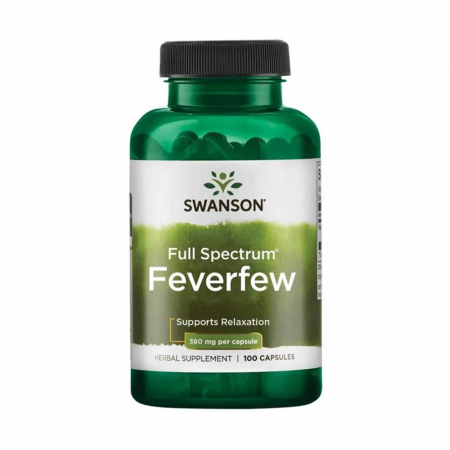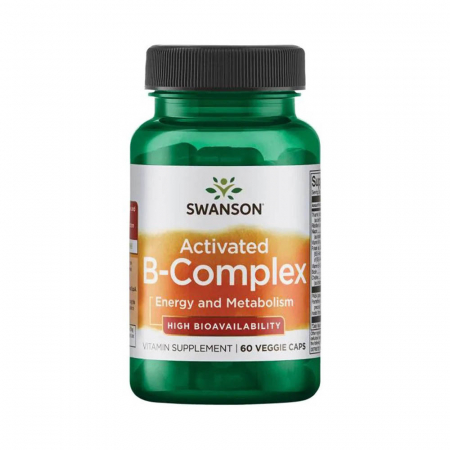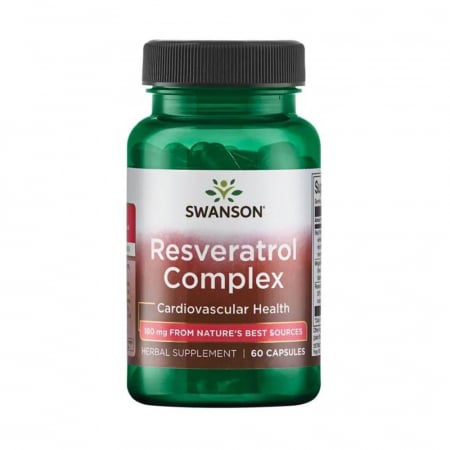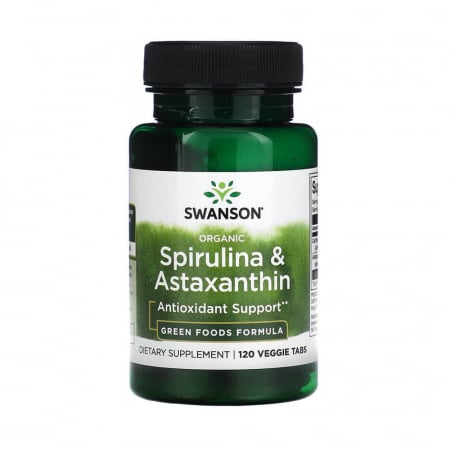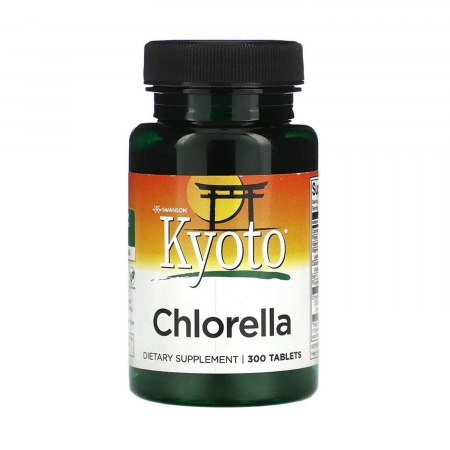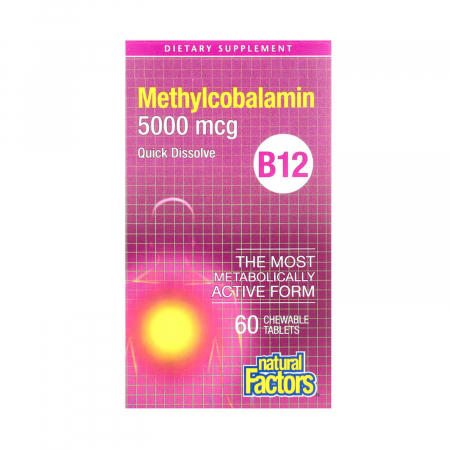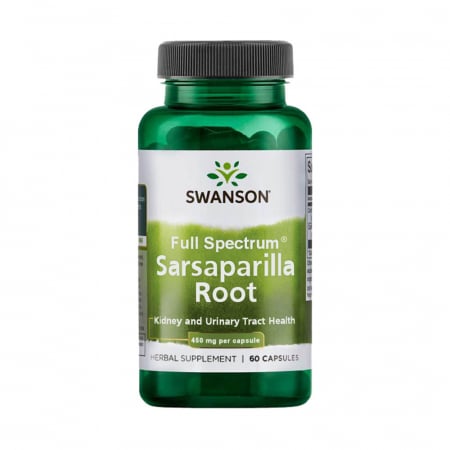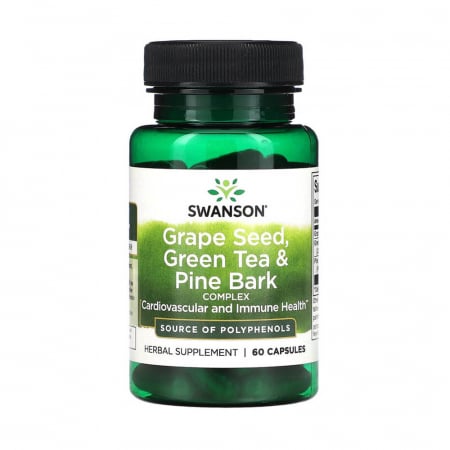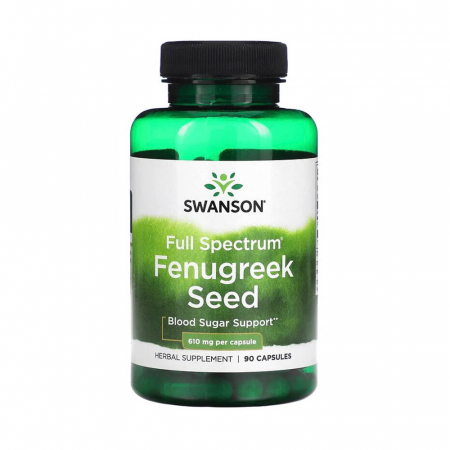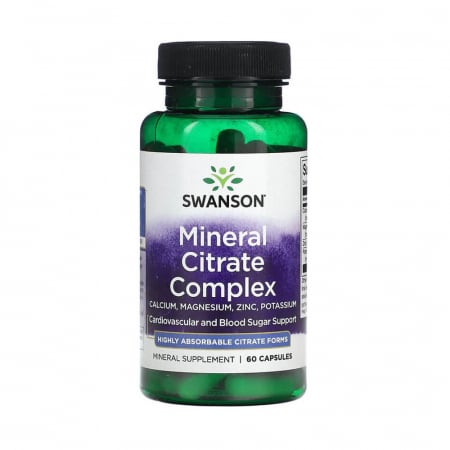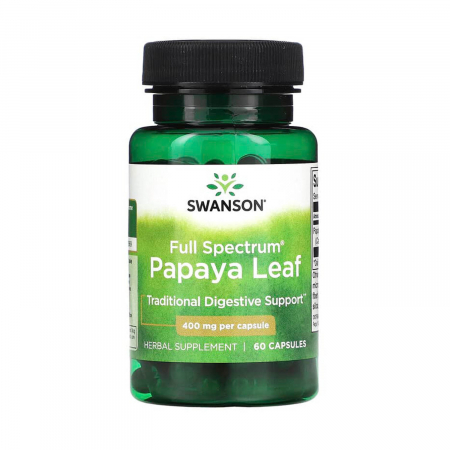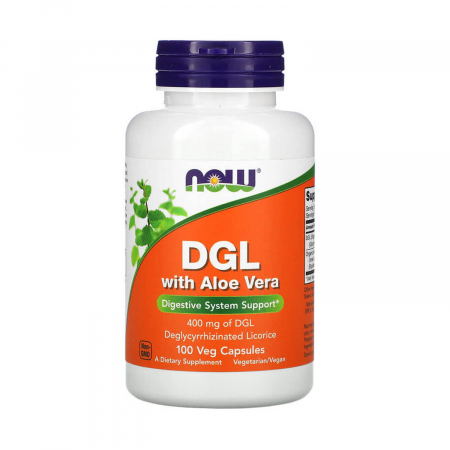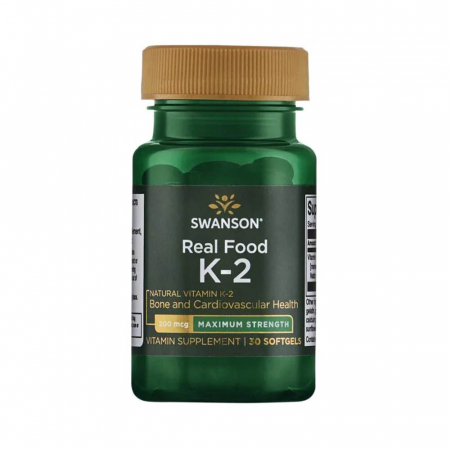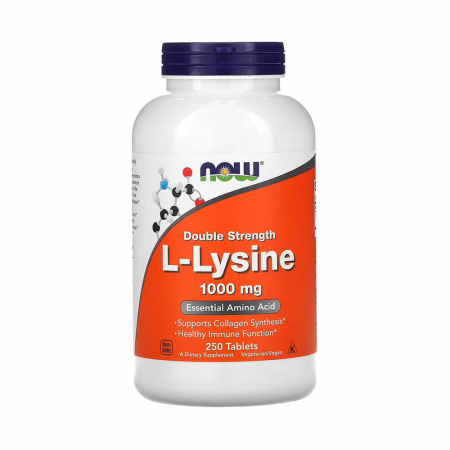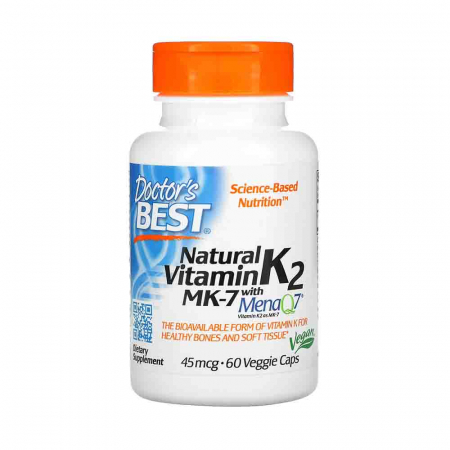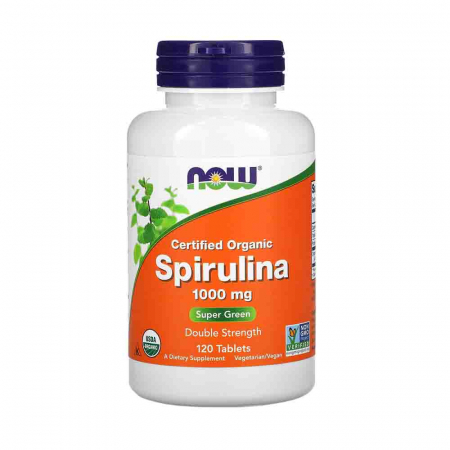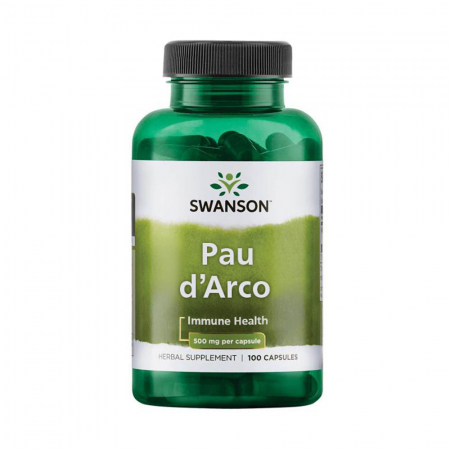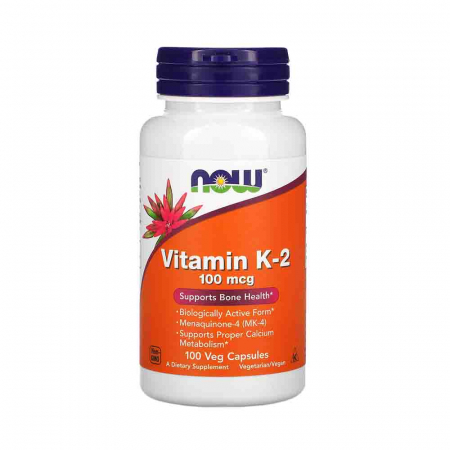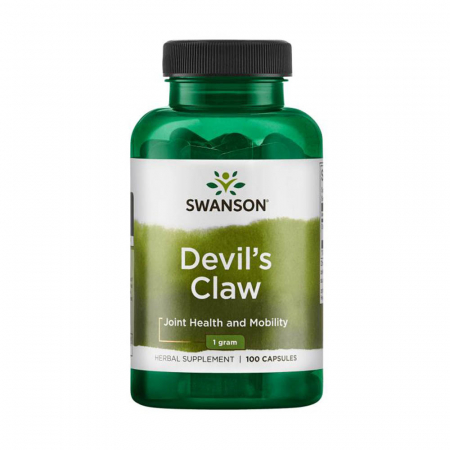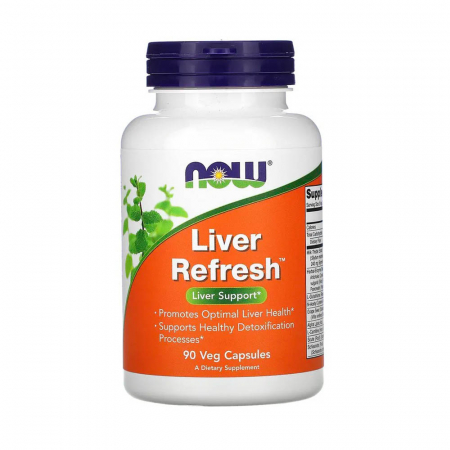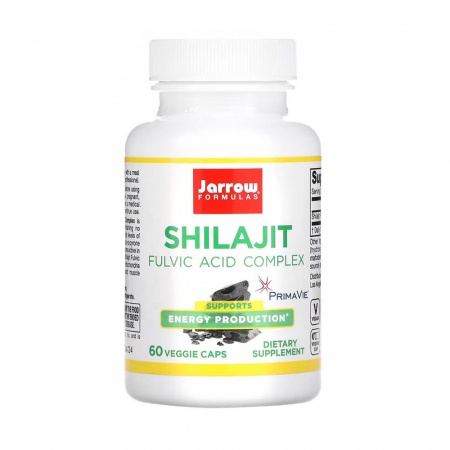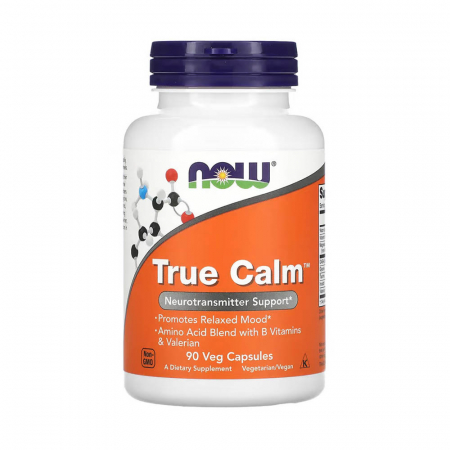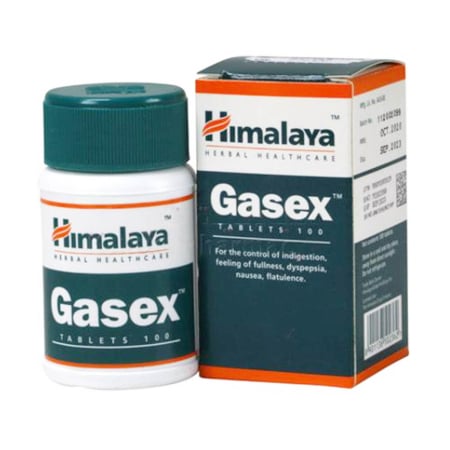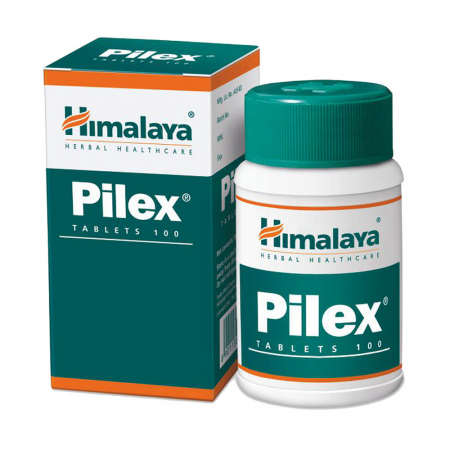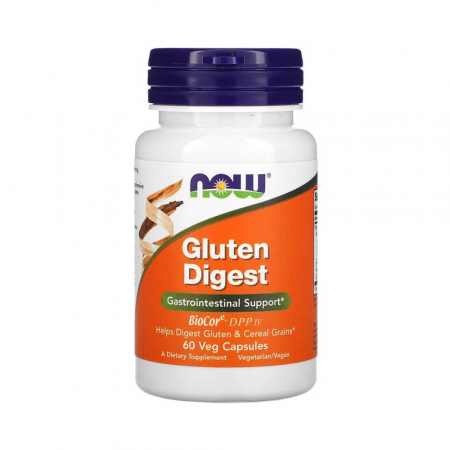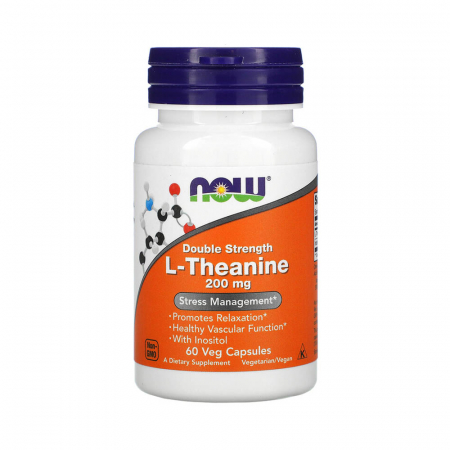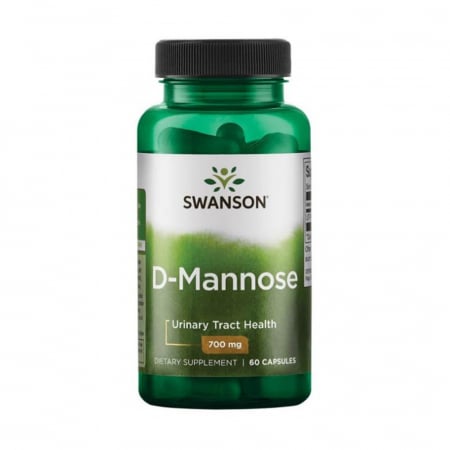- Home /
- VITAMINE /
- Vitamin E /
- Gamma E, Mixed Tocopherols & Tocotrienols, Life Extension, 60 softgels
Certifications:


Shipping Estimate:
Expiration Date: 03.2026
Delivery date: 1-2 zile lucratoare
| Quantity Discounts | ||||
|---|---|---|---|---|
| From | Discount | Price / each | You save | |
| 2 each | -5% | 185,24 RON | 19,50 RON | + |
Produse Alternative
Toco-Sorb, Mixed Tocotrienols and Vitamin E, Jarrow Formulas, 60 softgels
Tocotrienols from Annatto, 50 mg, Swanson, 60 softgels SWU526
Vitamin E-400 (Mixed Tocopherols) 268 mg, Now Foods, 50 softgels
E-1000 with Mixed Tocopherols, 670 mg (1,000 IU), NOW Foods, 50 softgels
- Description
- Reviews (0)
Gamma E, Mixed Tocopherols & Tocotrienols – Advanced Antioxidant Protection, Cardiovascular Health and Healthy Aging Support
Gamma E, Mixed Tocopherols & Tocotrienols, Life Extension is a premium full-spectrum vitamin E supplement, formulated to offer intensive antioxidant protection and to support cardiovascular health, brain function, immunity and processes associated with healthy aging. Each serving provides 30.15 mg vitamin E as D-alpha tocopherol (201% of daily value) and a rich complex of 524 mg mixed tocopherols and tocotrienols, which includes 374 mg mixed tocopherols and 56 mg mixed tocotrienols.
Unlike standard supplements that typically contain only alpha-tocopherol, this advanced formula includes gamma-tocopherol, delta-tocopherol and a spectrum of tocotrienols, natural compounds with a major role in protecting lipids, cell membranes and lipoproteins (LDL) against oxidation. This combination supports antioxidant defense with complementary action, helping the body cope with oxidative stress associated with modern lifestyle: processed food, pollution, psychological stress and intense effort.
Gamma E, Mixed Tocopherols & Tocotrienols is a suitable option for people who want to support cardiovascular health, cellular integrity, mental clarity and a harmonious aging process, benefiting from a full spectrum of natural forms of vitamin E.
Detailed benefits of Gamma E, Mixed Tocopherols & Tocotrienols
-
Supporting advanced antioxidant protection at cellular and lipid level
Vitamin E is one of the most important fat-soluble antioxidants in the body, acting especially at the level of cell membranes and circulating lipids. The combination of mixed tocopherols and tocotrienols offers extended protection against free radicals generated by stress, pollution, UV radiation and intense metabolism.
In the absence of adequate fat-soluble antioxidant intake, the following may appear:
• oxidation of membrane lipids
• deterioration of cell structure
• acceleration of aging processes at tissue level
Through supplementation with Gamma E, the body can benefit from:
✅ Intense antioxidant protection for cell membranes and lipids
✅ Supporting the stability and flexibility of cell membranes
✅ Reducing the impact of oxidative stress on sensitive tissues (heart, brain, eyes, skin)
-
Supporting cardiovascular health and LDL cholesterol protection
The cardiovascular system is particularly vulnerable to oxidative stress, especially the oxidation of LDL cholesterol particles, a process associated with arterial wall deterioration. Gamma-tocopherol and tocotrienols have an important role in protecting lipoproteins against oxidation and in supporting vascular endothelium health.
Gamma E, Mixed Tocopherols & Tocotrienols can contribute to:
✅ Protection of LDL cholesterol against oxidation
✅ Maintaining vascular wall integrity and elasticity
✅ Supporting a healthy vascular environment, as part of a balanced lifestyle
Through these mechanisms, the supplement supports optimal cardiovascular system function and contributes to efficient long-term circulation.
-
Support for brain health and cognitive functions
The brain is extremely rich in lipids and is one of the organs most exposed to oxidative stress. Full-spectrum vitamin E plays a key role in protecting neurons, maintaining neuronal membrane fluidity and supporting efficient nerve signal transmission.
In the context of daily mental demands, Gamma E can:
✅ Support neuronal protection against free radicals
✅ Contribute to maintaining mental clarity and concentration capacity
✅ Support cognitive functions with aging
Through its role in protecting the brain, the complex of tocopherols and tocotrienols can be an important ally for those who want to maintain their intellectual performance and long-term brain health.
-
Supporting balanced inflammatory response and tissue comfort
Oxidative stress and inflammation are two closely connected processes. Free radicals can favor the onset of an excessive inflammatory response, and inflammation, in turn, can generate more reactive oxygen species. By neutralizing free radicals at the lipid level, mixed vitamin E helps maintain an inflammatory response within physiological limits.
Gamma E, Mixed Tocopherols & Tocotrienols can:
✅ Support fine regulation of the interaction between oxidative stress and inflammation
✅ Contribute to general tissue comfort, especially in the context of an active lifestyle
✅ Support the body's well-being in the face of physical and metabolic demands
This effect of indirect modulation of inflammation is important for maintaining a general state of comfort and resilience.
-
Cellular protection and supporting a healthy aging process
Aging is closely linked to the accumulation of oxidative damage at the cellular level – at the level of lipids, proteins and DNA. Vitamin E, especially in complex form with tocopherols and tocotrienols, contributes to slowing oxidative deterioration and maintaining cellular structural integrity.
Benefits may include:
✅ Supporting a slower and more balanced aging process at the cellular level
✅ Support for preserving the normal structure and function of tissues (skin, vessels, nerves, muscles)
✅ Contributing to maintaining vitality and general health appearance
Through systemic antioxidant protection, Gamma E becomes valuable support in longevity and healthy aging support strategies.
-
Supporting the immune system and natural defense
The immune system depends on cell membrane integrity, optimal function of immune cells and protection against oxidative stress generated during immune response. Full-spectrum vitamin E helps maintain immune cell health and balance oxidative processes associated with defense response.
Gamma E can contribute to:
✅ Supporting physiological function of immune cells
✅ Protecting defense cell membranes against free radicals
✅ Supporting an efficient but balanced immune response
Thus, the supplement can be an important element in supporting the body's natural defense, especially during periods of stress, fatigue or increased exposure to environmental factors.
-
The advantage of natural combination: D-alpha tocopherol + gamma-tocopherol + mixed tocotrienols
One of the greatest assets of this product is the complex structure of the vitamin E fraction:
-
D-alpha tocopherol (30.15 mg, 201% DV) – the natural form, with central antioxidant role
-
Mixed tocopherols (374 mg) – including gamma-tocopherol, with distinct antioxidant properties, especially on nitrogen radicals
-
Mixed tocotrienols (56 mg) – forms with shorter side chain, which can penetrate more easily into cell membranes and can offer rapid and deep protection
Together, these forms:
✅ Offer broader antioxidant coverage than simple alpha-tocopherol
✅ Support multiple types of free radicals, including those derived from nitrogen and oxygen
✅ Ensure extended spectrum lipid and membrane protection
Gamma E, Mixed Tocopherols & Tocotrienols, Life Extension is thus a new-generation vitamin E supplement, oriented towards advanced antioxidant protection, cardiovascular health, brain, immune and cellular support, being suitable for people who want more than a simple "vitamin E supplement", but a complete, effective formula oriented towards healthy aging.
Directions for use
Read the entire label and carefully follow the instructions before use.
Take one (1) softgel once or twice daily with food or as recommended by a healthcare practitioner.
| Nutritional information | ||
| Serving size: 1 softgel capsule | ||
| Amount per serving | % NRV | |
| Vitamin E (as D-alpha tocopherol) | 30.15 mg | 201% |
| Mixed Gamma E tocopherol/tocotrienol complex [contains 374 mg mixed tocopherols, 56 mg mixed tocotrienols] |
524 mg | ** |
| **Daily Value not established.** | ||
Other ingredients
gelatin, glycerin, medium chain triglyceride oil, purified water, sunflower oil, rosemary extract.
Warnings
If taking anticoagulant or antiplatelet medications or have a bleeding disorder, consult your physician before taking this product.
Keep out of reach of children.
Do not exceed the recommended dose.
Do not purchase if outer seal is broken or damaged.
When using nutritional supplements, please consult your physician if you are undergoing treatment for a medical condition or if you are pregnant or nursing.
Store tightly closed in a cool, dry place.
Natural separation of active ingredients may occur.
Frecvent cumparate impreuna
MacuGuard, Ocular Support with Saffron, Life Extension, 60 softgels
Vitamin E-400 (Mixed Tocopherols) 268 mg, Now Foods, 50 softgels
CoQ10 (Coenzima Q10) 50 mg with Selenium & Vitamin E, Now Foods, 50 softgels
Tocotrienols from Annatto, 50 mg, Swanson, 60 softgels SWU526
Toco-Sorb, Mixed Tocotrienols and Vitamin E, Jarrow Formulas, 60 softgels
Latest viewed products
Customers also bought:
Lemon Balm (Melissa Officinalis) Roiniță, 500mg, Swanson, 60 capsule SW1120
Gymnema Sylvestre Leaf (Gurmar), 400 mg, Swanson, 100 capsule SW983
Chaga Mushroom (Inonotus Obliquus), 400mg, Swanson, 60 capsule SW1385
Shiitake Mushroom (Lentinus Edodes), 500mg, Swanson, 60 capsule SW1339
Full Spectrum Mangosteen (Mangostan), 500mg, Swanson, 100 capsule SW1036
Passion Flower (Floarea Pasiunii), 500mg, Swanson, 60 capsule SW1143
Slippery Elm Extract (Ulmus fulva), 400mg, Swanson, 60 capsules SW1911
Full Spectrum Feverfew (Spilcuță), 380mg, Swanson, 100 capsule SW1700
Sarsaparilla Root (Urinary Tract Health), 450 mg, Swanson, 60 capsule SW1404
Latest Reviews Added:
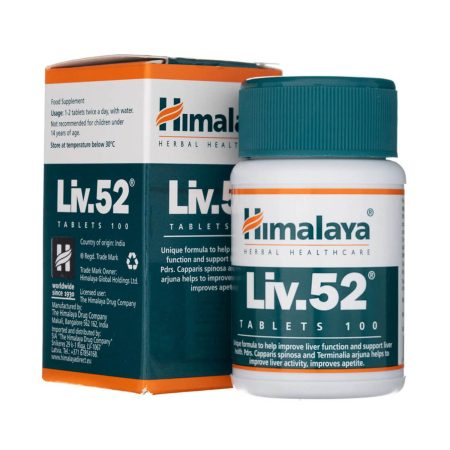
Alexandru Ciprian Constantinescu,
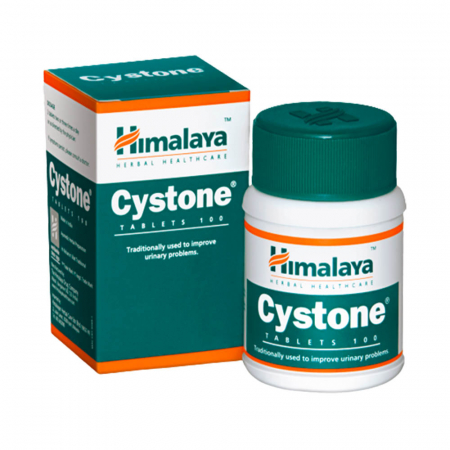
Rodica Petrisor,
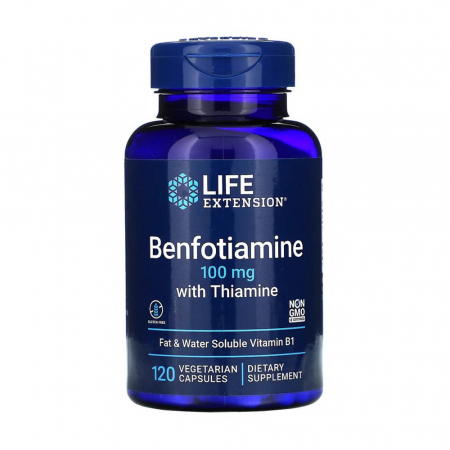
Rodiana Buiuc,
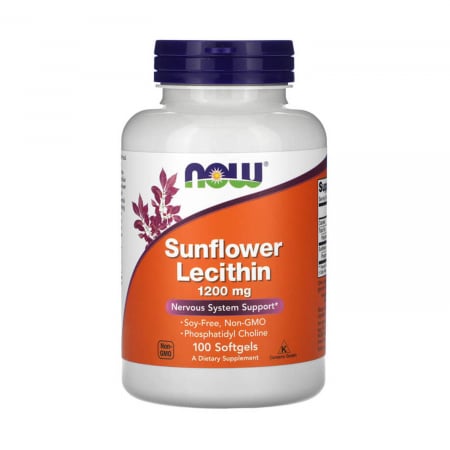
Sunflower Lecithin 1200mg (Lecitina din Floarea Soarelui), Now Foods, 100 softgels
Rodica Popa,
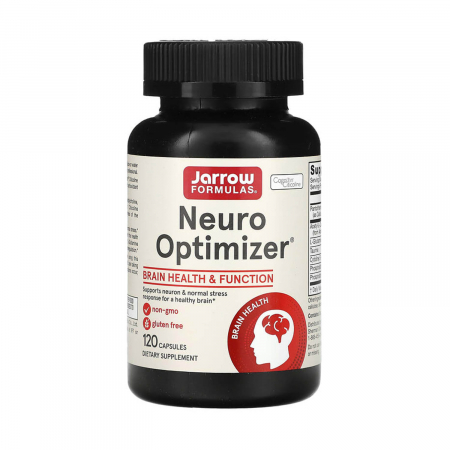
Aurora Amuza,
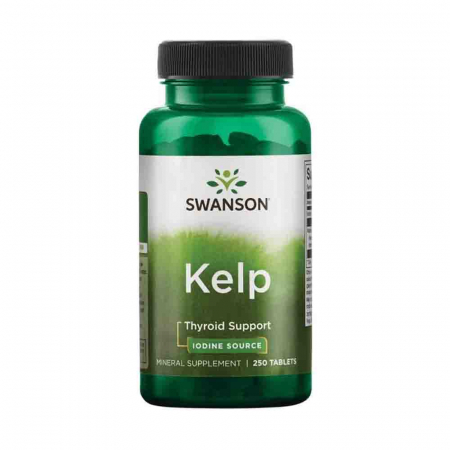
Mihaela Sandu,
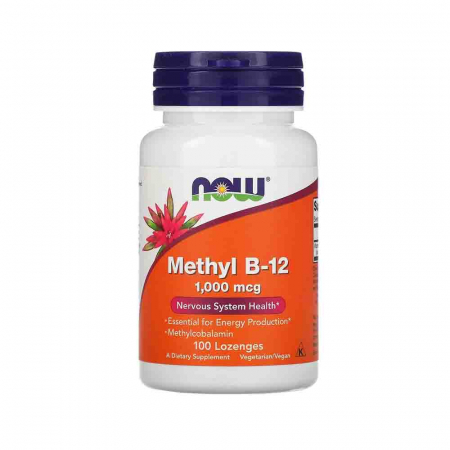
Carmen Laurentiu,

Daniela Dugheana,
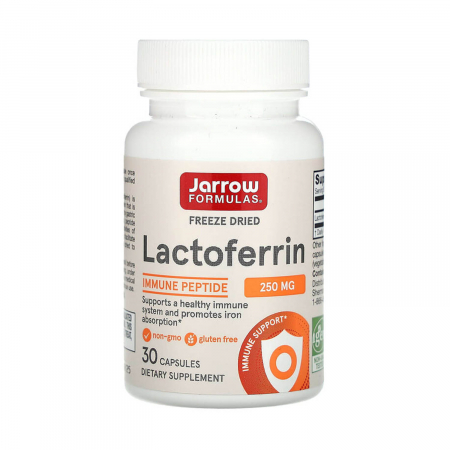
Natalja Litvinova,
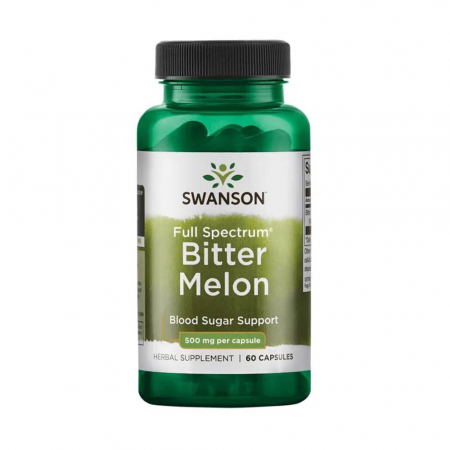
Adriana Gret,

IULIA TUTUIANU,
Newsletter Don't miss our offers and promotions


![gamma-e-mixed-tocopherols-tocotrienols-life-extension [0] gamma-e-mixed-tocopherols-tocotrienols-life-extension [0]](https://gomagcdn.ro/domains/suplimenteoriginale.ro/files/product/medium/gamma-e-mixed-tocopherols-tocotrienols-life-extension-60-softgels-295067.jpg)
![gamma-e-mixed-tocopherols-tocotrienols-life-extension [1] gamma-e-mixed-tocopherols-tocotrienols-life-extension [1]](https://gomagcdn.ro/domains/suplimenteoriginale.ro/files/product/medium/gamma-e-mixed-tocopherols-tocotrienols-life-extension-60-softgels-344604.jpg)
![gamma-e-mixed-tocopherols-tocotrienols-life-extension [2] gamma-e-mixed-tocopherols-tocotrienols-life-extension [2]](https://gomagcdn.ro/domains/suplimenteoriginale.ro/files/product/medium/gamma-e-mixed-tocopherols-tocotrienols-life-extension-60-softgels-972243.jpg)
![gamma-e-mixed-tocopherols-tocotrienols-life-extension [1] gamma-e-mixed-tocopherols-tocotrienols-life-extension [1]](https://gomagcdn.ro/domains/suplimenteoriginale.ro/files/product/large/gamma-e-mixed-tocopherols-tocotrienols-life-extension-60-softgels-295067.jpg)
![gamma-e-mixed-tocopherols-tocotrienols-life-extension [2] gamma-e-mixed-tocopherols-tocotrienols-life-extension [2]](https://gomagcdn.ro/domains/suplimenteoriginale.ro/files/product/large/gamma-e-mixed-tocopherols-tocotrienols-life-extension-60-softgels-344604.jpg)
![gamma-e-mixed-tocopherols-tocotrienols-life-extension [3] gamma-e-mixed-tocopherols-tocotrienols-life-extension [3]](https://gomagcdn.ro/domains/suplimenteoriginale.ro/files/product/large/gamma-e-mixed-tocopherols-tocotrienols-life-extension-60-softgels-972243.jpg)
